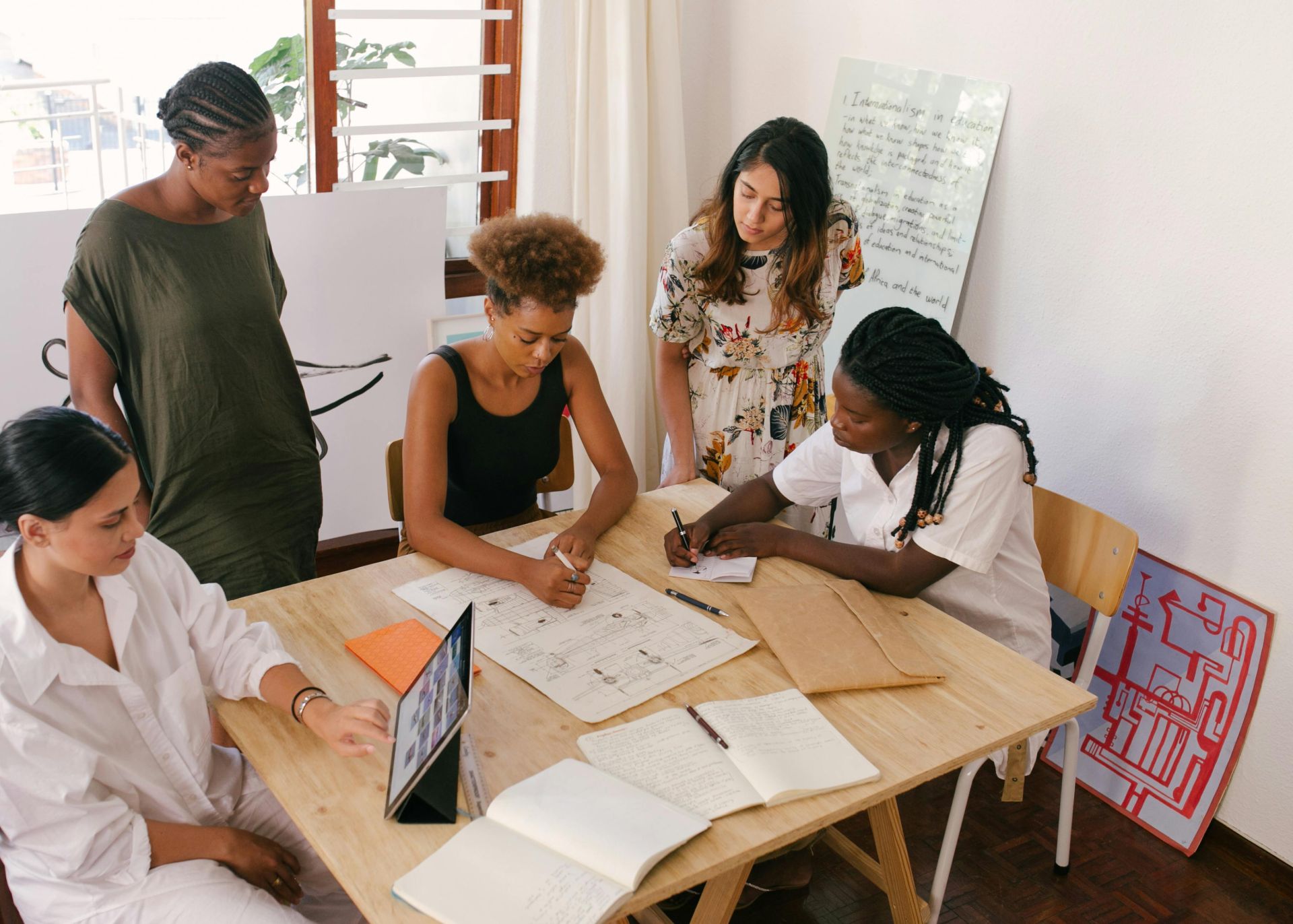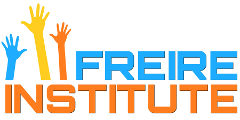Paulo Freire Biography
Transforming education, transforming lives: a journey of education, activism, and social change
Paulo Freire — A brief biography
Paulo Freire was born on September 19, 1921, in Recife, a city in the impoverished Northeast of Brazil. His early life was marked by the hardships of the Great Depression, which instilled in him a deep empathy for the marginalized and a profound understanding of the impact of poverty on education. In 1944, he married Elza Maia Costa de Oliveira, a fellow educator, who significantly influenced his intellectual development. In 1947, after graduating with a degree in law, he shifted his focus to education, beginning his work with adult illiterates in Northeast Brazil. This experience was transformative, leading him to develop his distinctive pedagogical approach centred on conscientization (conscientização).
Throughout the 1950s and early 1960s, Freire's influence grew. He became Professor of History and Philosophy of Education at the University of Recife, where he refined his theories and pedagogical approach. His work gained national attention during the burgeoning popular education movement aimed at combating widespread illiteracy. In 1962, his methods were implemented in large-scale experiments, and the Brazilian government, recognizing their potential, supported the expansion of his programs. In 1963-64, nationwide training courses were held for coordinators, and plans were laid for the establishment of thousands of "culture circles" to reach millions of illiterate Brazilians.
However, the 1964 military coup d'état abruptly halted this progress. Freire was imprisoned for 70 days, accused of "subversive" activities by the new regime, which saw his educational methods as a threat. Upon his release, he was forced into exile, first finding refuge in Chile. There, his methods were applied in agrarian reform programs, and his work was further disseminated through seminars at the United Nations School of Political Sciences. From 1969 to 1970, Freire served as a Visiting Professor at the Center for the Study of Development and Social Change at Harvard University, where he shared his insights with an international audience. He then moved to Geneva, Switzerland, where he worked as a special consultant in the Office of Education at the World Council of Churches from 1970 to 1979. He was the first president of the Paris-based Ecumenical Institute for the Development of Peoples (INODEP), which promoted social analysis programmes with groups around the world, and which serves as a model today for Freire Institute. During this period, Freire travelled extensively, advising on educational reform and initiating popular education projects across Africa, Asia, and Latin America. His work became influential for liberation theology and adult education globally.
By 1979, the political climate in Brazil had shifted, allowing Freire to return. He joined the Workers' Party (Partido dos Trabalhadores - PT) in São Paulo and played a vital role in their adult literacy initiatives for six years. His return marked a significant chapter in his life, as he became directly involved in the political and educational reconstruction of his country. In 1988, when the Workers' Party won the municipal elections in São Paulo, Freire was appointed Secretary of Education. In this role, he implemented radical reforms, emphasizing participatory management and democratic education. His tenure was marked by a commitment to quality education for all, especially the most marginalized. He focused on empowering teachers and communities, and worked to create educational environments that fostered critical thinking and social transformation.
Throughout his later years, Freire continued to write and lecture extensively. His works, including Pedagogy of Hope (1992) and Pedagogy of Freedom (1996), reflected his enduring belief in the transformative power of education and the importance of dialogue and critical consciousness.
Paulo Freire died on May 2, 1997, in São Paulo, leaving behind a legacy that continues to inspire educators, activists, and social reformers worldwide. His work remains a powerful testament to the potential of education to create a more just and equitable society. His second wife Ana Maria Araújo Freire, a former student and fellow educator, has contributed greatly to the preservation and promotion of his works.
However, the 1964 military coup d'état abruptly halted this progress. Freire was imprisoned for 70 days, accused of "subversive" activities by the new regime, which saw his educational methods as a threat. Upon his release, he was forced into exile, first finding refuge in Chile. There, his methods were applied in agrarian reform programs, and his work was further disseminated through seminars at the United Nations School of Political Sciences. From 1969 to 1970, Freire served as a Visiting Professor at the Center for the Study of Development and Social Change at Harvard University, where he shared his insights with an international audience. He then moved to Geneva, Switzerland, where he worked as a special consultant in the Office of Education at the World Council of Churches from 1970 to 1979. He was the first president of the Paris-based Ecumenical Institute for the Development of Peoples (INODEP), which promoted social analysis programmes with groups around the world, and which serves as a model today for Freire Institute. During this period, Freire travelled extensively, advising on educational reform and initiating popular education projects across Africa, Asia, and Latin America. His work became influential for liberation theology and adult education globally.
By 1979, the political climate in Brazil had shifted, allowing Freire to return. He joined the Workers' Party (Partido dos Trabalhadores - PT) in São Paulo and played a vital role in their adult literacy initiatives for six years. His return marked a significant chapter in his life, as he became directly involved in the political and educational reconstruction of his country. In 1988, when the Workers' Party won the municipal elections in São Paulo, Freire was appointed Secretary of Education. In this role, he implemented radical reforms, emphasizing participatory management and democratic education. His tenure was marked by a commitment to quality education for all, especially the most marginalized. He focused on empowering teachers and communities, and worked to create educational environments that fostered critical thinking and social transformation.
Throughout his later years, Freire continued to write and lecture extensively. His works, including Pedagogy of Hope (1992) and Pedagogy of Freedom (1996), reflected his enduring belief in the transformative power of education and the importance of dialogue and critical consciousness.
Paulo Freire died on May 2, 1997, in São Paulo, leaving behind a legacy that continues to inspire educators, activists, and social reformers worldwide. His work remains a powerful testament to the potential of education to create a more just and equitable society. His second wife Ana Maria Araújo Freire, a former student and fellow educator, has contributed greatly to the preservation and promotion of his works.
PAULO FREIRE
LEARNING
Copyright © 2026 Freire Institute · All Rights Reserved
Online Courses
Professional
Workshops
Mini Courses
-
Paulo Freire: Life and Works
-
Community Organizing
-
Measuring Social Value
-
Introduction to Cultural Studies
-
Policy Analysis
-
Globalization

Intercultural Formation Programme
Course Categories
-
Critical Pedagogy
-
Community Organizing
-
Social Economy
-
Cultural Studies
-
Policy and Politics
-
Global Studies
University Degrees
(UCLan)
Write your awesome label here.
Online Courses
Community Learning
In-house Training and CPD
-
Circular Economy
-
Community Engagement
-
Community Research
-
Equality, Diversity and Inclusion in the Workplace
-
Neurodiversity in the Workplace
-
Reflective Practice
-
Social Investment
-
Social Responsibility and Ethics
-
Strategy and Planning
-
Sustainability Finance
-
Sustainable Leadership
-
Theories of Change
-
Thinking Critically


